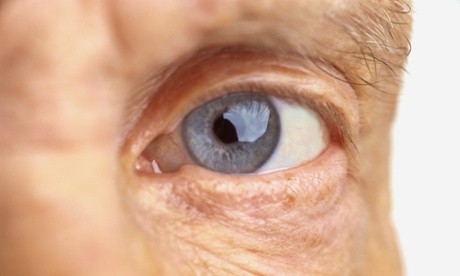Drug may not be safe for people with retinitis pigmentosa, an inherited eye disease that affects around 1 in 50

Australian researchers say an ingredient in the anti-impotence drug Viagra may permanently affect the vision of men with eye problems.
It is already known that sildenafil, the active ingredient in erectile dysfunction medications, can cause temporary vision problems in some healthy people.
Doctors also warn that the treatment may not be safe if a person has retinitis pigmentosa, one of the most common inherited diseases of the retina.
People who develop recessive retinitis pigmentosa commonly have two copies of the mutant PDE6 gene.
However, there are also carriers of the disease who have just one copy of the faulty gene, yet have normal vision.
About one in 50 people are likely to be carriers of recessive traits leading to retinal degeneration.
University of NSW researchers tested sildenafil on healthy mice and mice with one copy of this mutant gene.
They found the healthy mice experienced problems with their eyes for about two days and it affected the vision of carrier mice for two weeks.
They also found early signs of cell death in the eyes of carrier mice, suggesting sildenafil may cause degeneration in carriers of retinal disease.
“If cells actually die in the retina that would lead to blindness,” said Dr Lisa Nivison-Smith, of the University of NSW school of optometry and vision science.
Nivison-Smith said her team were concerned that people who have normal vision, but who carry a single copy of the mutant gene for retinitis pigmentosa, could be more susceptible to changes caused by sildenafil.
The way erectile dysfunction drugs work to combat impotence may also inhibit PDE6, an enzyme which is important for transmitting light signals from the retina to the brain, Dr Nivison-Smith said.
This is likely to be a problem for carriers of the mutant PDE6 gene, because they produce less of the enzyme than normal, she said.
The study appears in the journal Experimental Eye Research.
